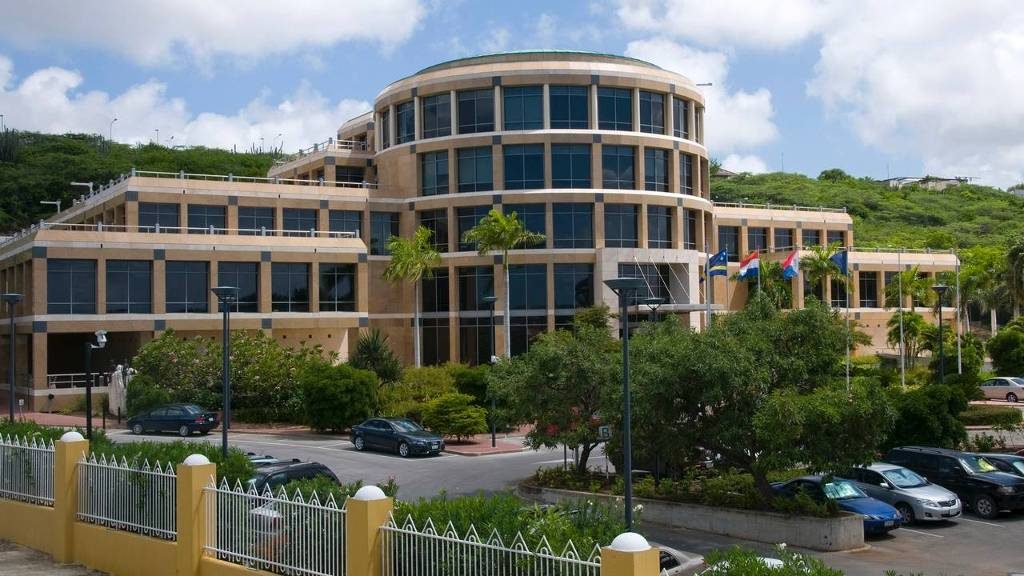Central Bank warns against solidarity tax

WILLEMSTAD – The government’s plan to impose a solidarity tax on all income above the ceiling for healthcare and accident insurance premium (5,781 guilders or $3,230) will have a negative effect on the economy of Curacao, the Central Bank for Curacao and Sint Maarten states in a press release. Minister Suzy Camelia-Römer announced the initiative on April 7.
But the Central Bank has calculated that such a levy, at an assumed percentage of 10 percent, will generate at best 67 million guilders ($47.4 million). The bank’s interim-president, José Jardim, expects that Curacao’s economy will shrink by 18.9 percent (instead of 17.7 percent) if the government goes ahead with its plan.
The bank bases its calculation on a solidarity tax for a period of six months. “While the income of some of the most vulnerable groups will decrease less, the levy will have a pro-cyclic effect on the economy. The consumption of the group that is paying the levy will decrease because their disposable income will diminish. Part of the income from the solidarity levy will be used for job guarantees (and with it the protection of income) for the group with an income below the premium-ceiling. The government plans to use another part of the funds from the solidarity levy for other purposes.”
The press release mentions adding money to the reserves of SVB, compensation for the loss of government revenue, and financing the costs to execute the solidarity package as the purposes the government has in mind.
“Furthermore, not all affected groups qualify for the support measures, and their consumption will go down,” Jardim says. “There is, therefore only a partial redistribution of income of the group above the premium ceiling towards the group below that ceiling. This explains why we expect that private consumption will decrease because of the solidarity levy. The larger the part of the revenue from the solidarity levy that is not used for redistribution, the larger the negative effect on the economy will be.”
Instead … explore the possibilities to lower the government’s expenditures
The central bank offers an alternative recommendation: “Instead of introducing an additional tax, explore the possibilities to lower the government’s expenditures. These funds could be supplemented with additional financing from the Netherlands and limited loans on the local capital market.”
Furthermore, the bank advises reactivating important parts of the economic activities that are now inactive “to decrease the costs of the lockdown and to initiate economic recovery.”
Earlier the central bank projected a 17.7 percent economic downturn in a scenario with closed borders for a period of three months and a one-month lockdown. “The strong economic downturn will result in increased unemployment and poverty and a deterioration of the government finances,” Jardim says. “Before the outbreak of this pandemic, Curacao was already facing serious social-economic challenges, and now the situation will deteriorate further.”
According to Jardim, the first tranche of liquidity support Curacao received from the Netherlands to cover expenditures until the first half of May is less than what the government asked for and that this warrants the exploration of other options.
Based on its calculations, the central bank prefers cost-cutting measures to the imposition of a solidarity tax.






















